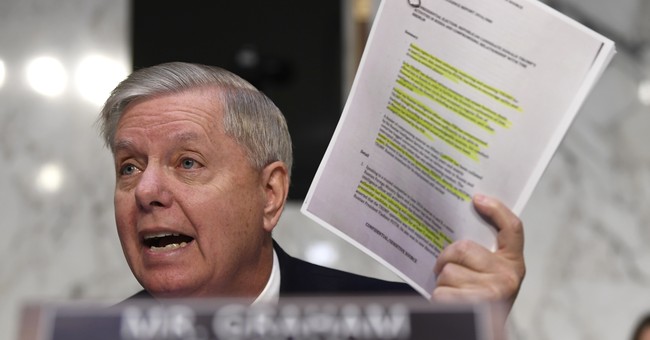
As I wrote about here, Igor Danchenko, an analyst for the Brookings Institute and a native-born Russian, has been identified as the “Primary Sub-Source” for nearly every allegation in the “Steele Dossier” about collusion between Pres. Trump, the Trump Campaign, and Russian actors of one stripe or another.
Danchecko sat down with the FBI for a three-day interview in January 2017 after the FBI had uncovered his identity. The Steele memos containing information given to ex-MI5 Agent Christopher Steele by Danchenko had been released earlier in the month by Buzzfeed News, and according to Danchencko that was the first time he knew what it was Steele had attributed to him in his reports to the client that had paid Steele to dig up information on connections between Trump and Russia.
This first interview with Danchenko was memorialized in the form of a 57-page “Electronic Communication” (“EC”) which is an FBI document used for internal communication of significant case developments to others involved in an investigation, and also to document the interview in the case file. The EC was declassified, redacted, and authorized for public release by DOJ at the urging of Senator Lindsay Graham as Chairman of the Senate Judiciary Committee.
From the DOJ Inspector General’s Report on the Four FISAs we know that former DOJ attorney David Laufman, then the Chief of the Export Control Section of the National Security Division, negotiated the terms of the interview with Danchencko’s attorney, and Laufman attended the first day of the interview.
On Saturday the NYT reported a typical “Chicken Little — The Sky is Falling” piece claiming that Danchencko has been promised confidentiality as a condition of his interview and that in declassifying and releasing the 57 page EC — even in its redacted form — Attorney General William Barr had left sufficient factual information unredacted such that internet “sleuths” had been able to identify Danchenko.
What is first noteworthy about the story is the headline — “The FBI Pledged To Keep A Source Anonymous. Trump Allies Aided His Unmasking.”
But when you read the 43 paragraph story, you see that the issue of “confidentiality” is addressed only in the first few paragraphs, and approximately 2/3 of the article discusses the problems with the accuracy and reliability of the allegations in the Steele memos considering the nature of the sourcing, and the misconduct of the FBI in pursuing various parts of the Crossfire Hurricane investigation — most significantly the FISA warrant on Carter Page — relying on information from Steele’s memos. Most of the criticism that does have to do with the issue of “confidentiality” is the NYT airing of grievances by anti-Trump forces outside the government unhappy about the aggressive moves by Attorney General Barr to disclose more and more information as part of the “public’s right to know” that exposes what a farce the Russia Hoax investigation was from the start.
More importantly, the anti-Trump forces — former Obama DOJ and IC officials, and the media — are unhappy that the disclosure of the information to the public is building the case to be made that the Special Counsel investigation conducted by Robert Mueller lacked a factual basis from the start and that it went on for two years nonetheless is de facto evidence that it was always a political “hit job.”
As for the issue of “confidentiality” and whether the public release of the “EC” was inappropriate — I call “BS” on the notion advanced by the story.
The only reference in the story to there being a promise of confidentiality as a precondition to the interview is in the following:
The F.B.I. had approached the expert, a man named Igor Danchenko, as it vetted the dossier’s claims. He agreed to tell investigators what he knew with an important condition, people familiar with the matter said — that the F.B.I. keep his identity secret so he could protect himself, his sources and his family and friends in Russia.
When the NYT relies on anonymous sources who are current government officials, it normally appends an explanation that the person requested to maintain their anonymity because they were not authorized to speak on the matter. No such explanation is provided here.
As I stated in my story yesterday, we know from the IG Report that two people negotiated the terms for the interview — former DOJ attorney David Laufman, and Mark Schamel, the attorney for Danchenko who is referenced in the story. Schamel is quoted several times in the story, but not one of his quotes contains a claim that DOJ has breached a promise of confidentiality made to his client.
[Schamel] acknowledged that “Igor Danchenko has been identified as one of the sources who provided data and analysis”…
Mr. Danchenko did nothing wrong in accepting a paid assignment to gather allegations about Mr. Trump’s ties to Russia and conveying them to Mr. Steele’s research firm, Orbis Business Intelligence, said Mr. Schamel,
“Mr. Danchenko is a highly respected senior research analyst; he is neither an author nor editor for any of the final reports produced by Orbis,” Mr. Schamel said. “Mr. Danchenko stands by his data analysis and research and will leave it to others to evaluate and interpret any broader story with regard to Orbis’s final report.”
Mr. Schamel said he had not been contacted by Mr. Durham or his investigators.
That’s it. Surely if Danchenko had been promised confidentiality, and that promise was broken by the release of the EC, his attorney would have made that point clearly. He did not.
That leaves us with David Laufman. Could he promise confidentiality? Yes — to a degree. But it is unlikely that he did so because it was contrary to what was being negotiated, and there was no reason for him to do so as part of the agreement for the interview.
As I wrote yesterday, the signing of a “Proffer Agreement”, which gave Danchenko “use immunity” for anything he said during the course of the interview establishes that Laufman had already discussed in some detail the information that Danchenko was prepared to give the FBI, and the questions he could answer if he was asked. Based on the EC, he was asked — and he answered — questions both about Steele and about the underlying information in the Steele memos based on research Danchenko did at Steele’s request. So both sides know going in that there’s is a possibility — maybe even a likelihood — that Danchenko is going to say things that might implicate himself in criminal acts of others. Without the “Proffer Agreement”, the interview is nothing more than a potential “confession.” That’s why such agreements are used. They encourage the person being interviewed to be completely truthful, and not hold back information out of fear of prosecution, based on the promise that the information won’t be used directly to convict them of a crime. That means that no one in the room for the interview would ever be called as a witness in a trial and asked to repeat anything said by Danchenko during the interview.
The reason there is no “confidentiality” promise made at that point because it cannot be predicted where the information provided by Danchenko might lead. At the time of the interview he was merely a “witness”. If the FBI had suspicions about him having been involved in criminal activity with others he might have been a “subject.” But nothing more.
What he was NOT was a “Confidential Human Source.” That is a SPECIFIC classification given to specific individuals who the FBI “signs up” to be “sources of information”. They have handlers. They are given tasks. They are contacted regularly about their activities or things they have learned. They are often paid for their efforts. They are told to not reveal their relationship with the FBI to anyone, and that the FBI will not reveal that relationship either.
BUT, even though they are called “Confidential” human sources, the “source agreements” they sign make it clear that while the FBI will do everything it can to maintain their confidentiality, it cannot be guaranteed for all purposes in the future. There is always a risk that confidentiality will be breached. The Agents CANNOT tell a CHS they will “never” be a witness in a case they provide information about. That’s not the Agent’s decision to make.
The public disclosure of the EC – heavily redacted in an effort to reduce the risk that Danchenko would be interviewed — is the kind of circumstance that sometimes comes to exist which is why absolute confidentiality is never promised. A judgment was made in this instance that a compelling interest exists that favors public disclosure because of information in the EC. It was an elected member of the Senate that demanded the document be declassified and released.
NYT reporters Adam Goldman and Charles Savage explain exactly why this is the case, although as is typical of their reporting they bury the real revelation dozens of paragraphs below the “fake news” allegations about “confidentiality.
The Steele dossier was deeply flawed. For example, it included a claim that Mr. Trump’s former lawyer Michael D. Cohen had met with a Russian intelligence officer in Prague to discuss collusion with the campaign. The report by the special counsel who took over the Russia investigation, Robert S. Mueller III, found that Mr. Cohen never traveled to Prague.
And Mr. Danchenko’s statements to the F.B.I. contradicted parts of the dossier, suggesting that Mr. Steele may have exaggerated the soundness of other allegations, making what Mr. Danchenko portrayed as rumor and speculation sound more solid.
….
The dossier did play an important role in … the wiretapping of Carter Page, a former Trump campaign adviser with close ties to Russian officials, which began in October 2016 and was extended three times in 2017. The Justice Department’s applications for court orders authorizing the wiretap relied in part on information from the dossier in making the case that investigators had reason to believe that Mr. Page might be working with Russians.
Mr. Page was never charged…. Mr. Horowitz scathingly portrayed the wiretap applications as riddled with errors and omissions.
Mr. Danchenko provided information to Mr. Steele that figured into one of the biggest flaws with those applications…. Mr. Danchenko … account was inconsistent with important aspects of the dossier.
But law enforcement officials recycled the same language derived from the dossier in their final two applications for court orders to continue wiretapping Mr. Page. They also told a court they had spoken to Mr. Steele’s primary source but without revealing that his statements raised questions about the dossier’s credibility, which Mr. Horowitz said was misleading.
After the inspector general report, the F.B.I. conceded to the court that it should not have sought the last two renewals.
THAT should have been the lede for this story. Danchenko’s identity and the content of what he told the FBI in his first interview laid bare the farce that was the Steele memos. Other than bar talk by a Trump campaign nobody in a London Pub, the FBI for more than six months conducted a counter-intelligence operation against the President of the United States based on the ludicrous content of those memos.
“Confidentiality” claims in the story are idiotic if you read it closely and understand the process.
“Law enforcement misconduct” exposed by Danchenko’s story is the real revelation here.
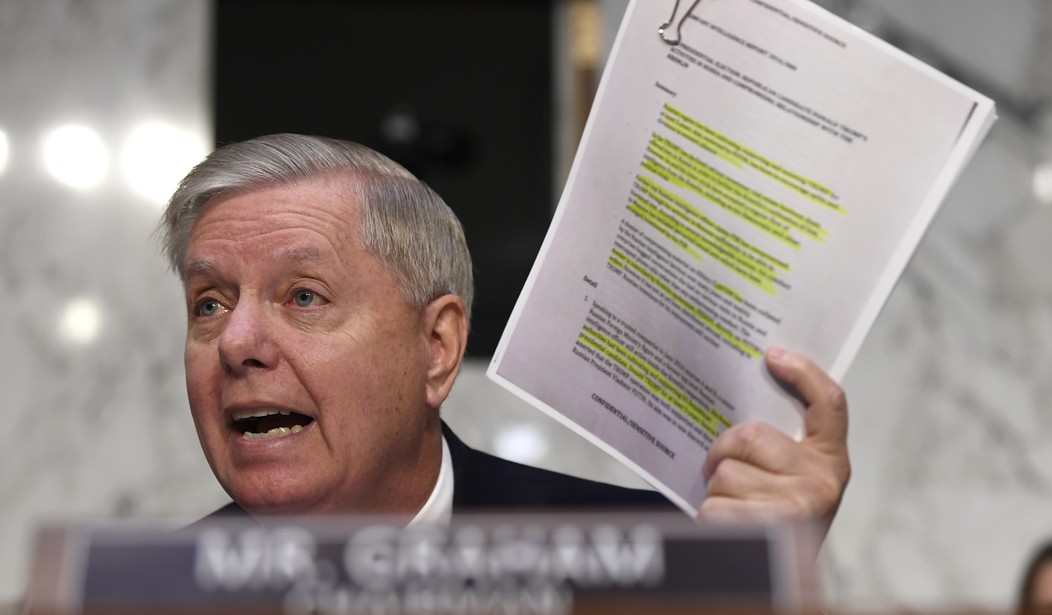


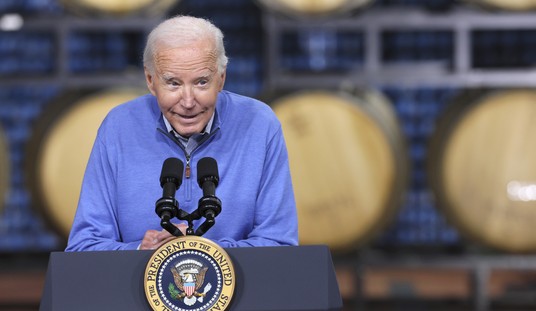


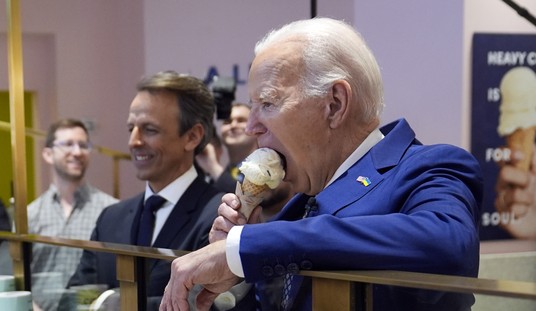


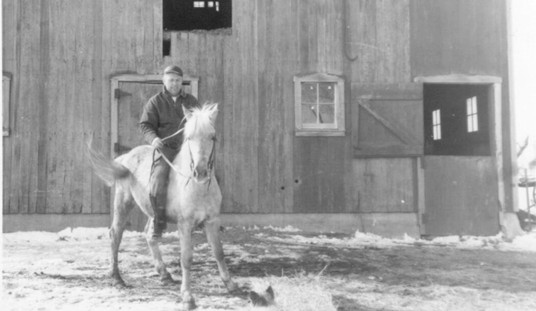
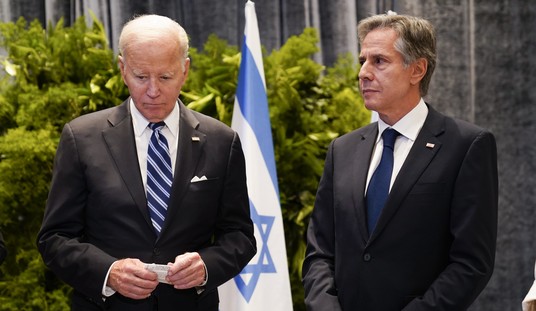

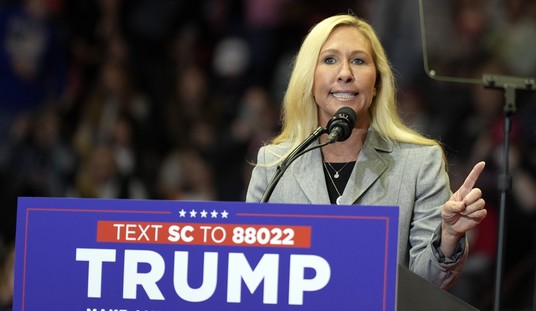

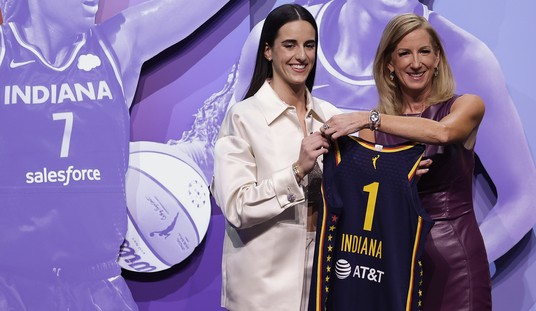
Join the conversation as a VIP Member